Recent reports from prestigious global organizations indicate that the risk of money laundering is on the rise in the field of cryptocurrencies and digital assets, while posing new challenges globally.
Vietnam ranks 15th in the world in cryptocurrency trading
According to the International Monetary Fund (IMF), the scale of global money laundering activities could be up to 1,600 - 4,000 billion USD/year, equivalent to 2 - 5% of the world's total GDP. Data from the Bank for International Settlements (BIS) shows that the scale of these illegal activities could be even higher, from 2,000 - 5,000 billion USD/year.
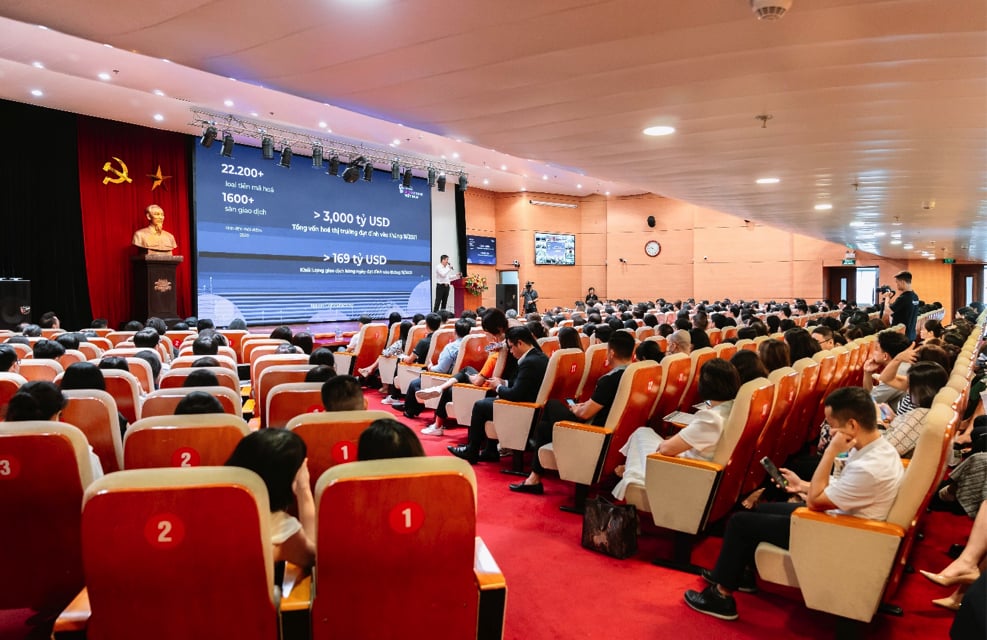
Roundtable discussion at the Conference on Anti-Money Laundering in Cryptocurrency Transactions.
According to data from Chainalysis shared by the US Department of Justice during a training program at the Supreme People's Court of Vietnam at the end of August 2023, from October 2021 to October 2022, the total value of cryptocurrencies received in Vietnam was 90.8 billion USD. Of which, illegal activities were 956 million USD.
Chainalysis, the world's leading blockchain data analytics firm, said that illicit addresses laundered nearly $23.8 billion worth of cryptocurrency in 2022, up 68% from 2021.
CoinmarketCap said that currently, the total market capitalization of cryptocurrencies and digital assets fluctuates around the $1,000 billion mark and the 24-hour trading volume is about $31 billion.
In Vietnam, cryptocurrency is an area without clear legal regulations while the actual transaction volume ranks 15th in the world and the level of cryptocurrency acceptance ranks first in the world.
The above information was presented at the Conference "Regulations on anti-money laundering and the role of anti-money laundering in cryptocurrency transactions" organized by the Vietnam Banking Association in collaboration with the Vietnam Blockchain Association on September 20, 2023.
How to prevent money laundering with virtual currency transactions?
Vietnam has not recognized cryptocurrency yet, but in recent years, cryptocurrency has been used for payment. So, is it possible that money laundering can occur through transactions of this currency? And how to prevent money laundering with this currency?
Mr. Nguyen Doan Hung, Vice President of the Vietnam Blockchain Association, affirmed that anti-money laundering has been a priority for all countries in the world, including Vietnam, since very early on.
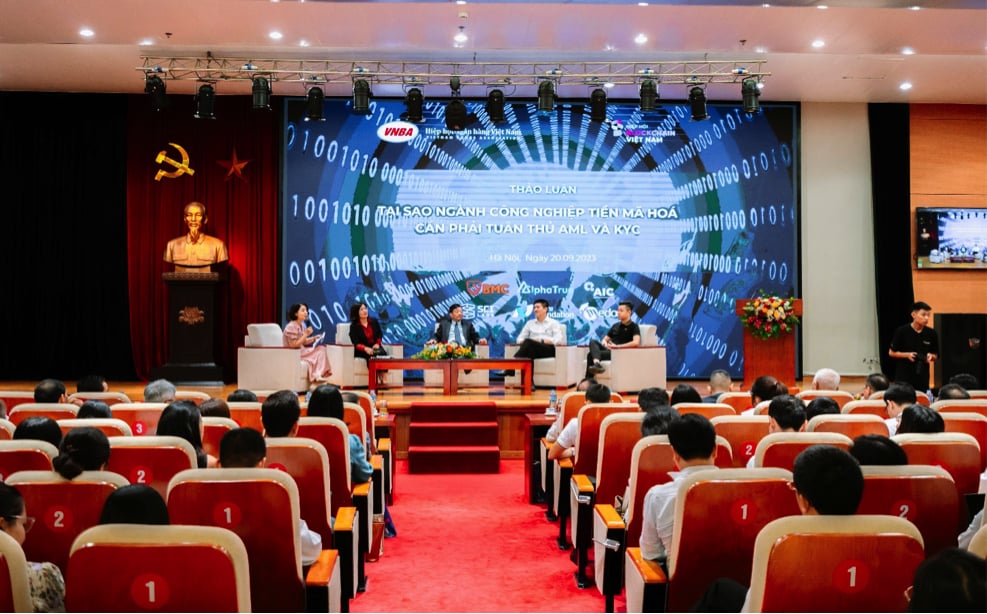
Illegal funds from multiple Bitcoin ATMs before being consolidated into one large transaction to be sent to the exchange.
But when blockchain technology was born, it brought with it the risk of increasing financial crimes and money laundering using high technology in a sophisticated, complex and fast-paced direction. But most countries do not have a legal corridor to keep up with this change, said Mr. Nguyen Doan Hung.
The blockchain industry has opened a new era of technology and has had a profound impact on many areas of the economy. This strong growth not only brings special economic and social benefits but also creates invisible problems and challenges in management, especially for cross-border money laundering activities.
Vietnam has a Law on Anti-Money Laundering, Decrees and Circulars guiding its implementation have been fully issued. However, the legal framework for the field of digital currency and virtual currency (cryptocurrency) is not complete.
The conference warned of the risk of money laundering in cryptocurrency and asset transactions. Specifically, in August 2022, a money laundering group sent illegal funds from multiple Bitcoin ATMs before merging them into a large transaction to send to the exchange.
In March 2023, New York authorities arrested a man accused of helping launder more than $1 million in fraudulent loans. And other cases have been uncovered in several countries, criminals have been arrested, and many more are wanted.
Notably, centralized exchanges are the largest recipients of dirty money, accounting for about 50% of total illegal trading volume over the past five years.
Although there have been no recorded cases of cryptocurrency laundering in Vietnam, anti-money laundering in cryptocurrency transactions is a concern of banks in Vietnam, especially in the context of rapidly increasing cryptocurrency transactions and increasingly sophisticated money laundering methods.
Emphasizing the prevention of money laundering for cryptocurrencies, Mr. Phan Duc Trung, Permanent Vice President of the Vietnam Blockchain Association, provided information: By December 2022, Vietnam will have more than 200 blockchain projects in operation.
According to Mr. Trung, according to statistics from Statista, revenue from cryptocurrency exchanges in the Vietnamese market is expected to reach 109.4 million USD in 2023, and the number of cryptocurrency users will increase by 12.37 million people in 2027.
Vietnam ranks among the top 5 countries with the highest trading volume on the Binance exchange, according to a recent report by the Wall Street Journal.
With this rapid increase, in the context of the regulatory framework for the cryptocurrency market remaining open, the risk of cryptocurrency money laundering in Vietnam will increase in the coming time, Mr. Phan Duc Trung warned.
Besides cross-border cryptocurrency money laundering crimes, traditional domestic money laundering crimes will also seek out this potential market due to the lack of legal constraints.
To enhance the effectiveness of anti-money laundering activities through cryptocurrencies in particular and digital assets, Mr. Nguyen Quoc Hung - General Secretary of the Vietnam Banking Association raised the issue: What legal regulations should be recommended to management agencies to improve to limit and prevent criminal acts? What personnel preparations and legal knowledge do credit institutions need to equip to effectively prevent and combat money laundering when facing this new crime?...
The conference made three recommendations to enhance the effectiveness of anti-money laundering work in digital asset transactions:
Firstly, digital assets are recognized as a type of asset by the Vietnamese Civil Code.
Second, financial institutions need to develop procedures and compliance controls for anti-money laundering activities related to digital assets for transactions through personal accounts.
Third, prepare high-quality human resources on the principle of full convergence of economic, technological and legal fields.
Through the Conference, the Vietnam Blockchain Association and the Vietnam Banking Association committed to promoting governance principles and compliance with international practices from the highest Basel standards as well as the provisions of the Anti-Money Laundering Law No. 14/2022/QH-15, the AML/CFT anti-money laundering rules of FAFT as well as international organizations. At the same time, they committed to supporting financial institutions to share experiences, promote cooperation and development in the above areas.
At the Conference, Ms. Nguyen Thi Minh Tho - Deputy Director of the Anti-Money Laundering Department of the State Bank of Vietnam said: "As a management agency, the Anti-Money Laundering Department will always accompany and support Associations, reporting organizations such as banks, service companies, financial institutions, and financial technology companies in anti-money laundering work".
Source


![[Photo] Opening of the 44th session of the National Assembly Standing Committee](https://vstatic.vietnam.vn/vietnam/resource/IMAGE/2025/4/14/03a1687d4f584352a4b7aa6aa0f73792)

![[Photo] Touching images recreated at the program "Resources for Victory"](https://vstatic.vietnam.vn/vietnam/resource/IMAGE/2025/4/14/99863147ad274f01a9b208519ebc0dd2)
![[Photo] Children's smiles - hope after the earthquake disaster in Myanmar](https://vstatic.vietnam.vn/vietnam/resource/IMAGE/2025/4/14/9fc59328310d43839c4d369d08421cf3)
![[Photo] General Secretary To Lam chairs the third meeting to review the implementation of Resolution No. 18-NQ/TW](https://vstatic.vietnam.vn/vietnam/resource/IMAGE/2025/4/14/10f646e55e8e4f3b8c9ae2e35705481d)

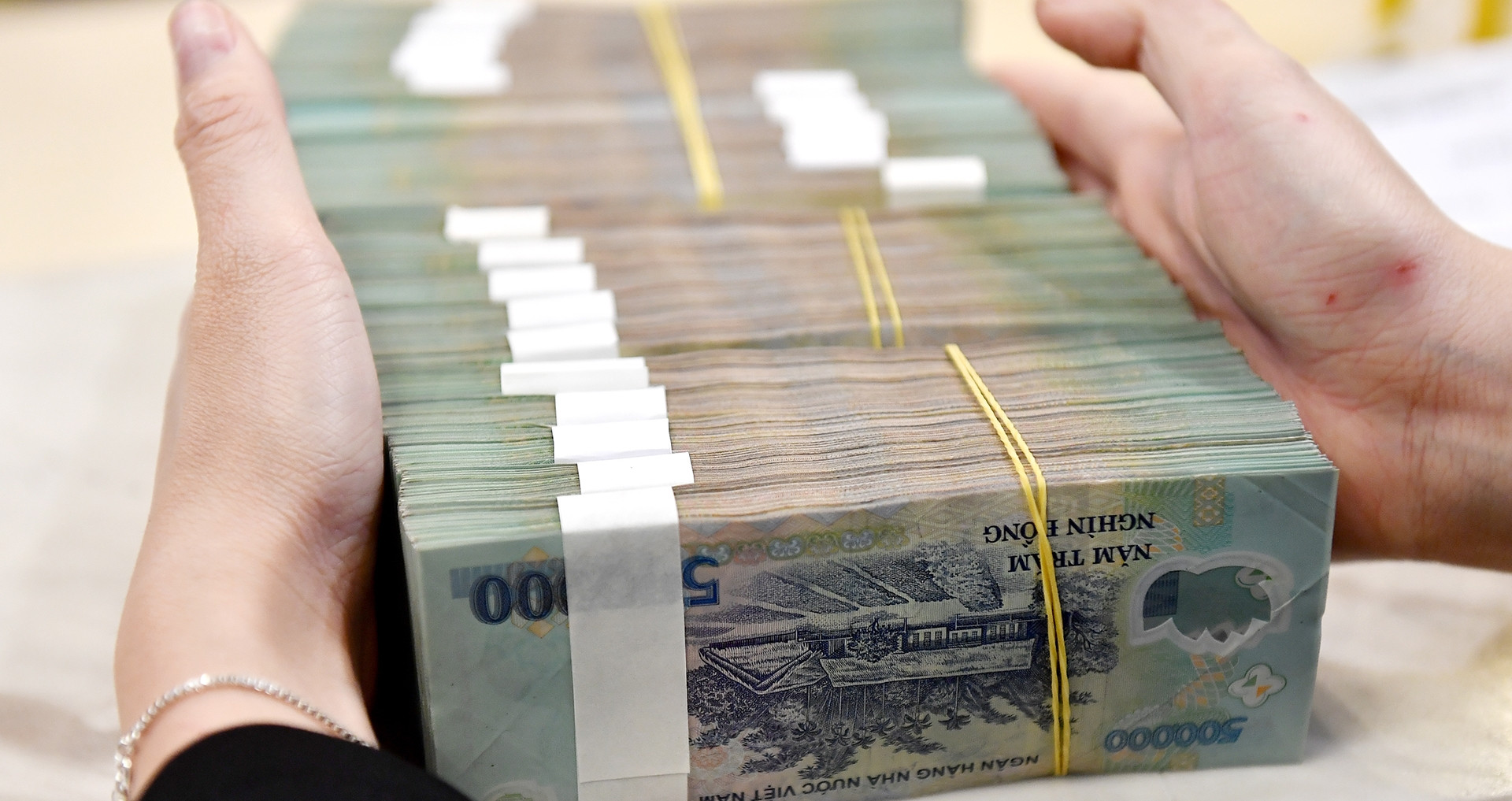



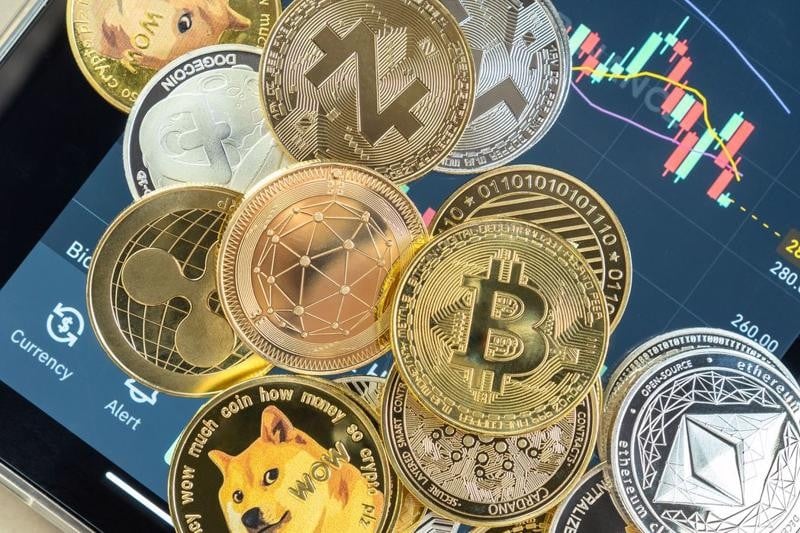

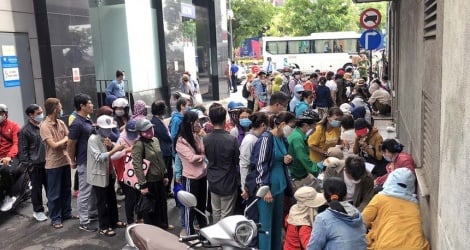

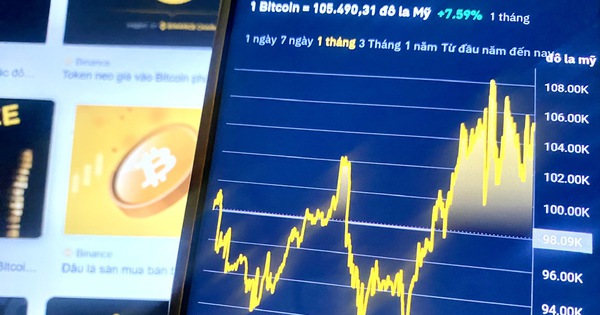

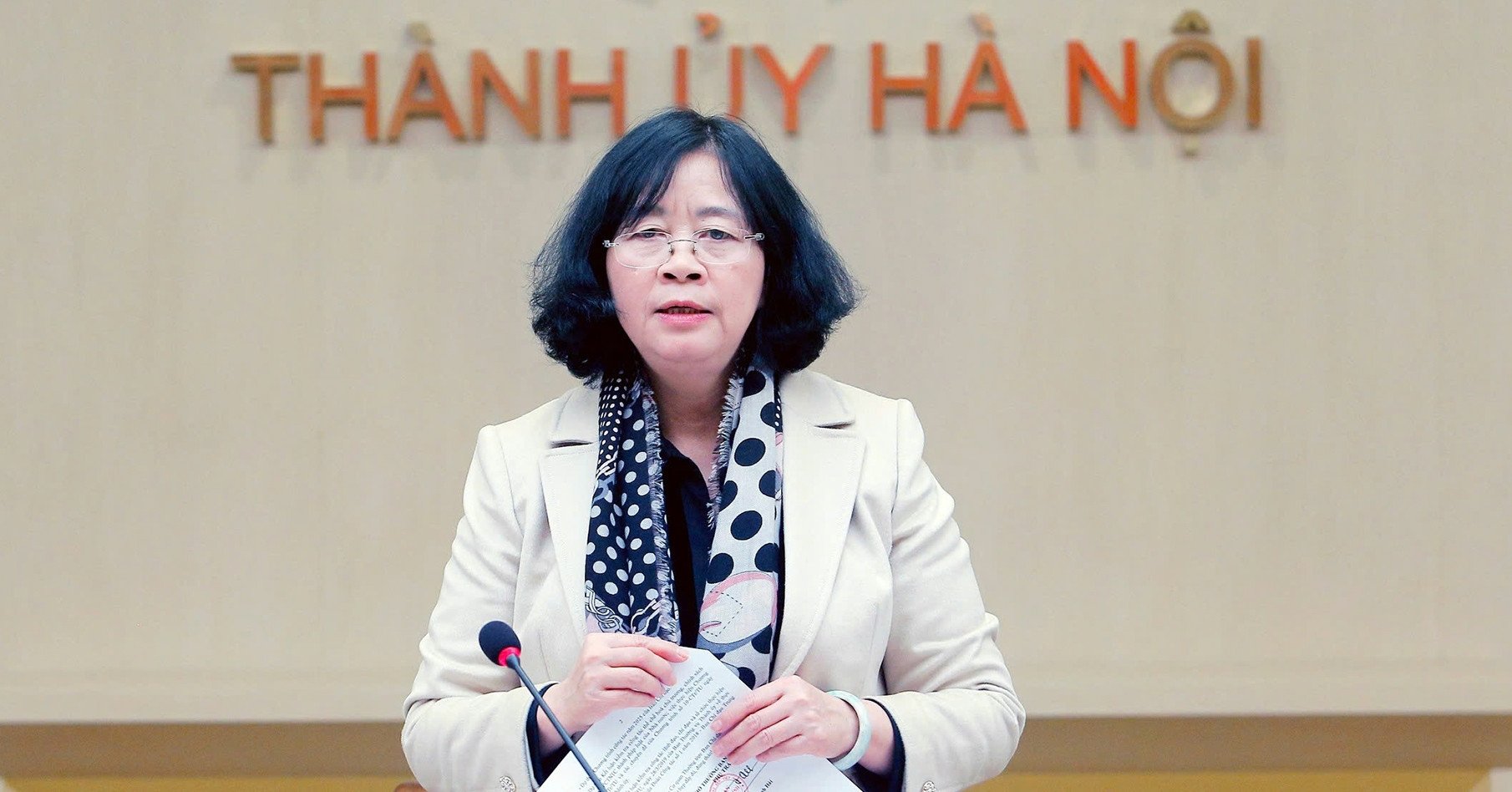
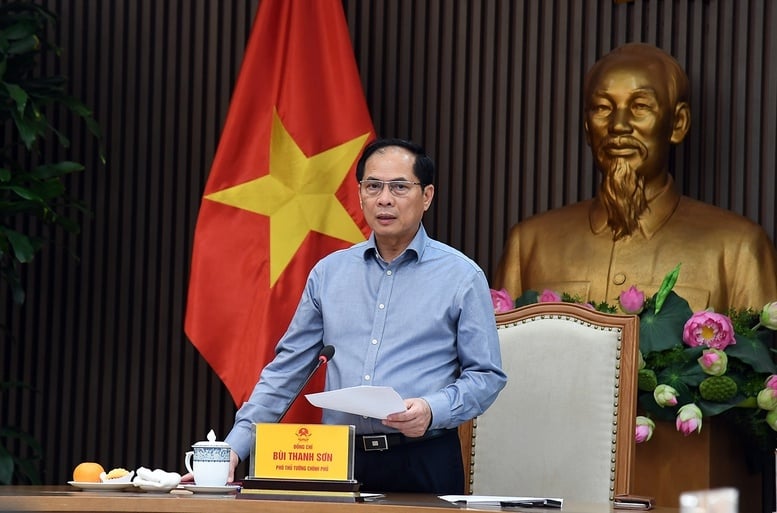
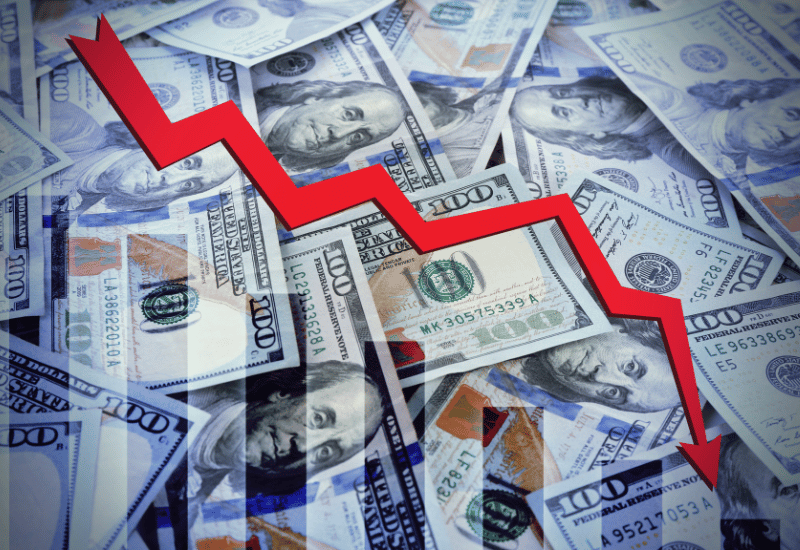
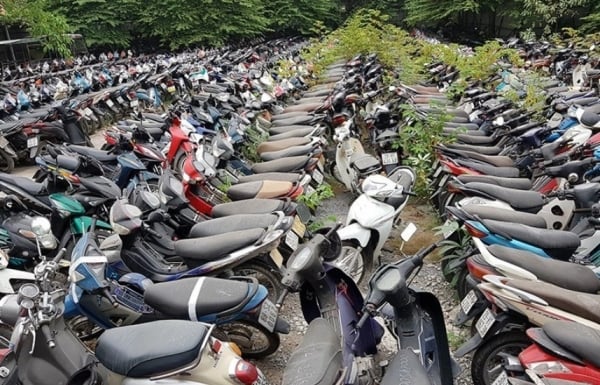

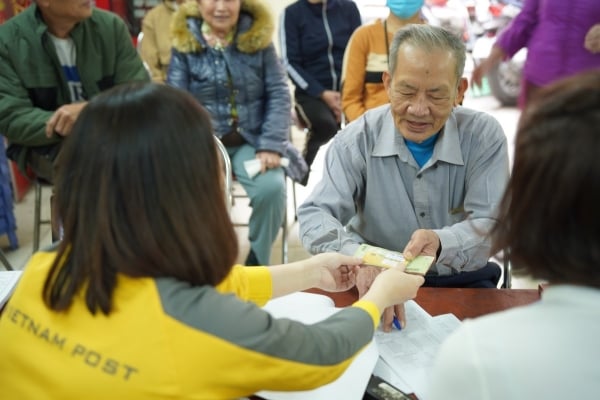




























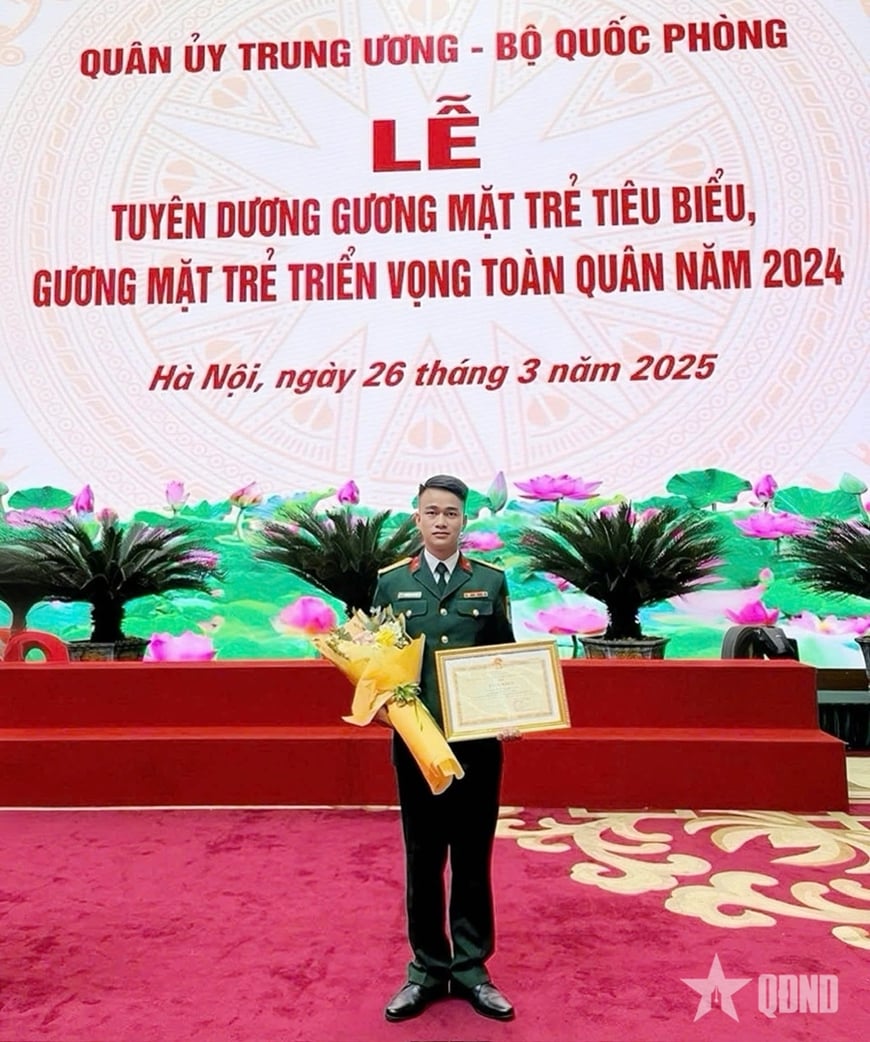












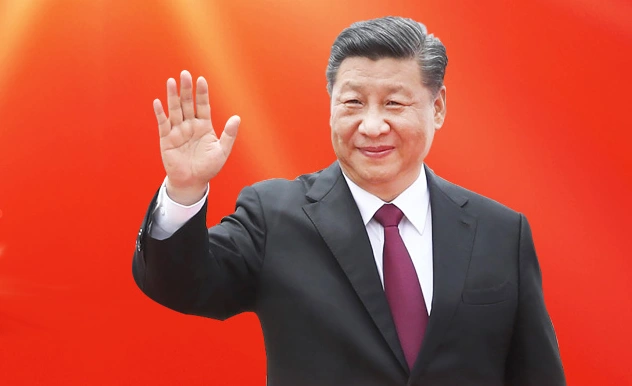
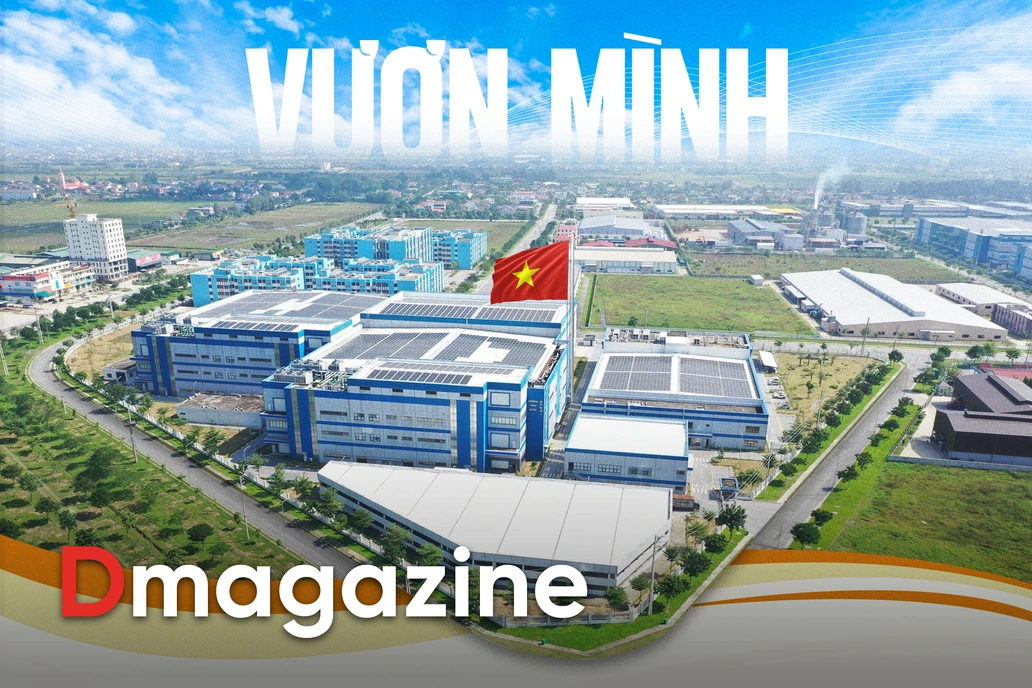
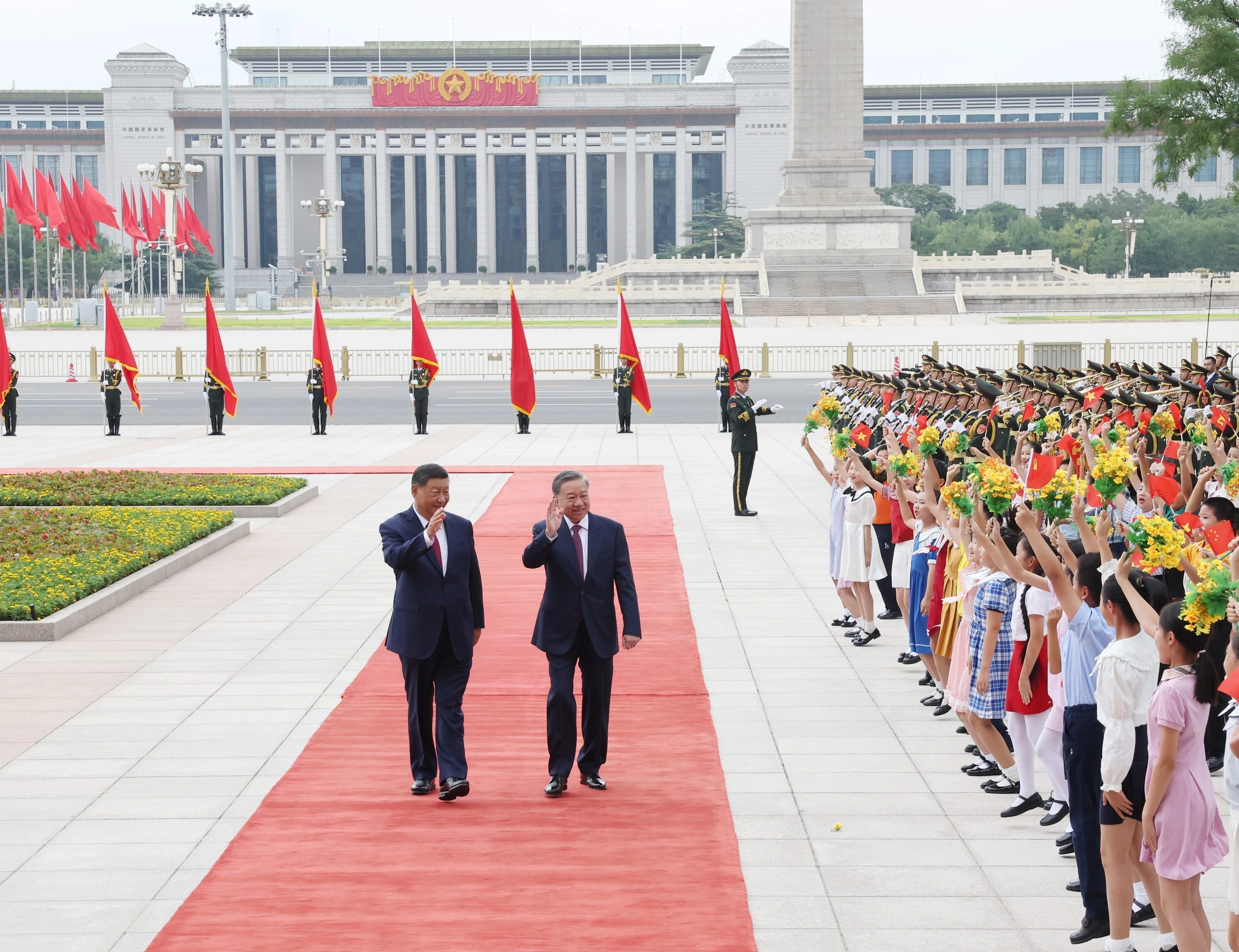
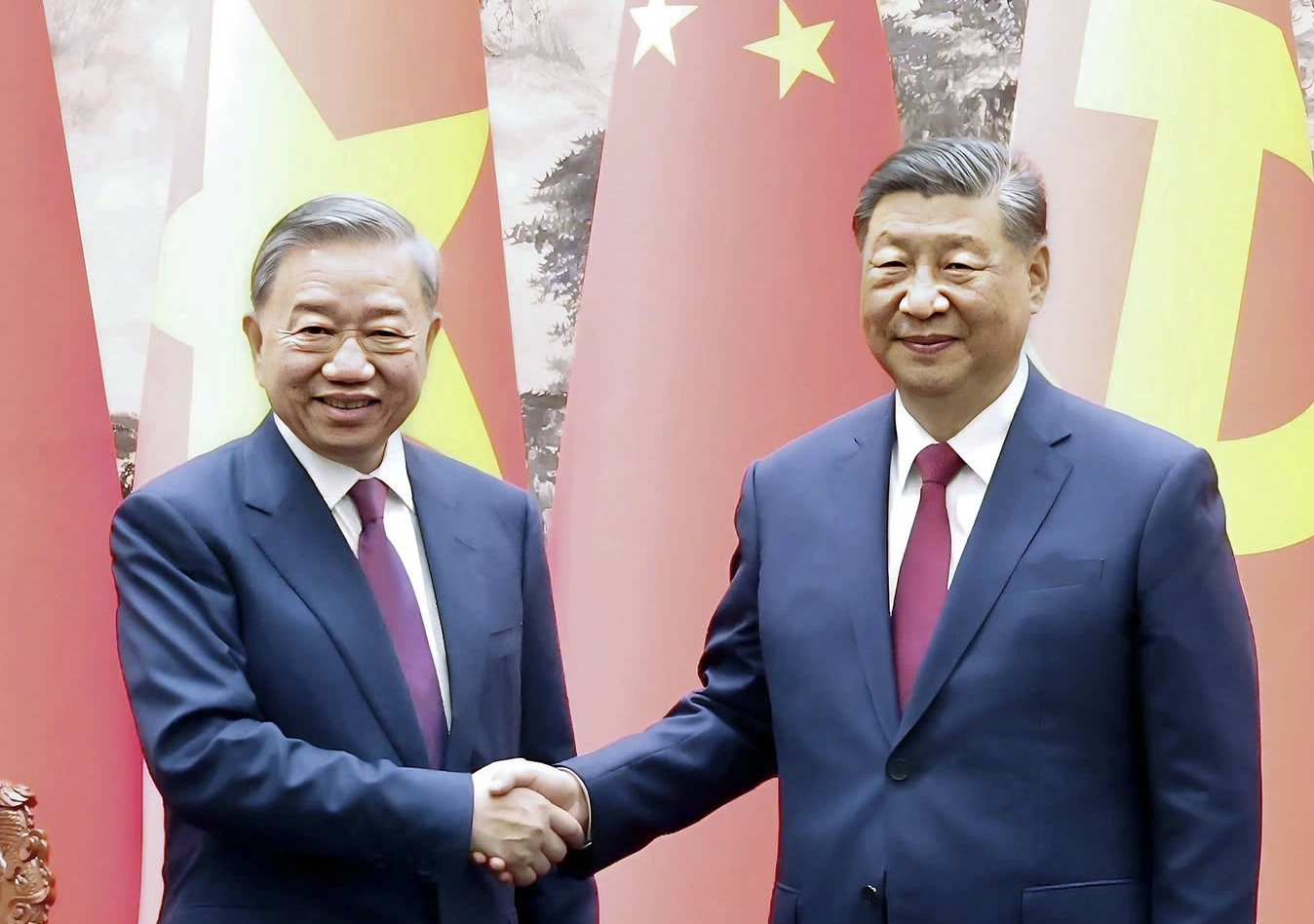
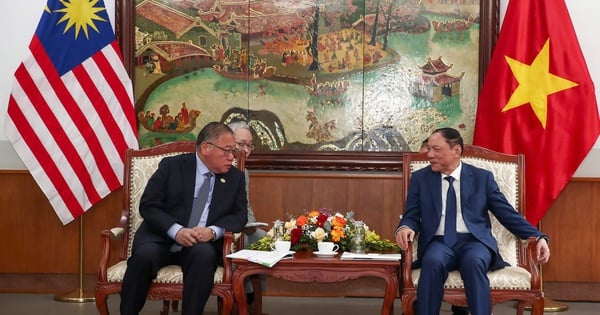







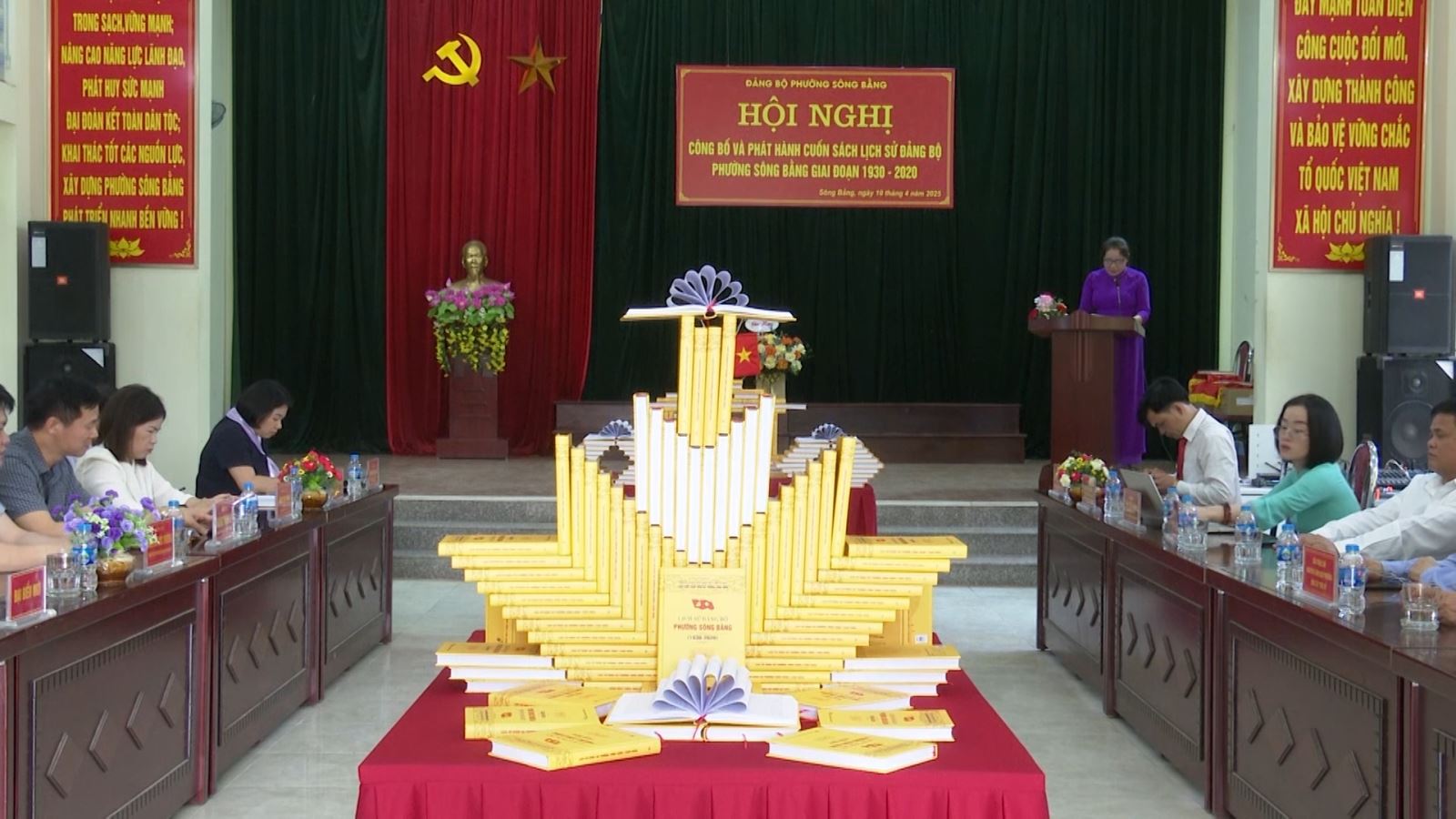


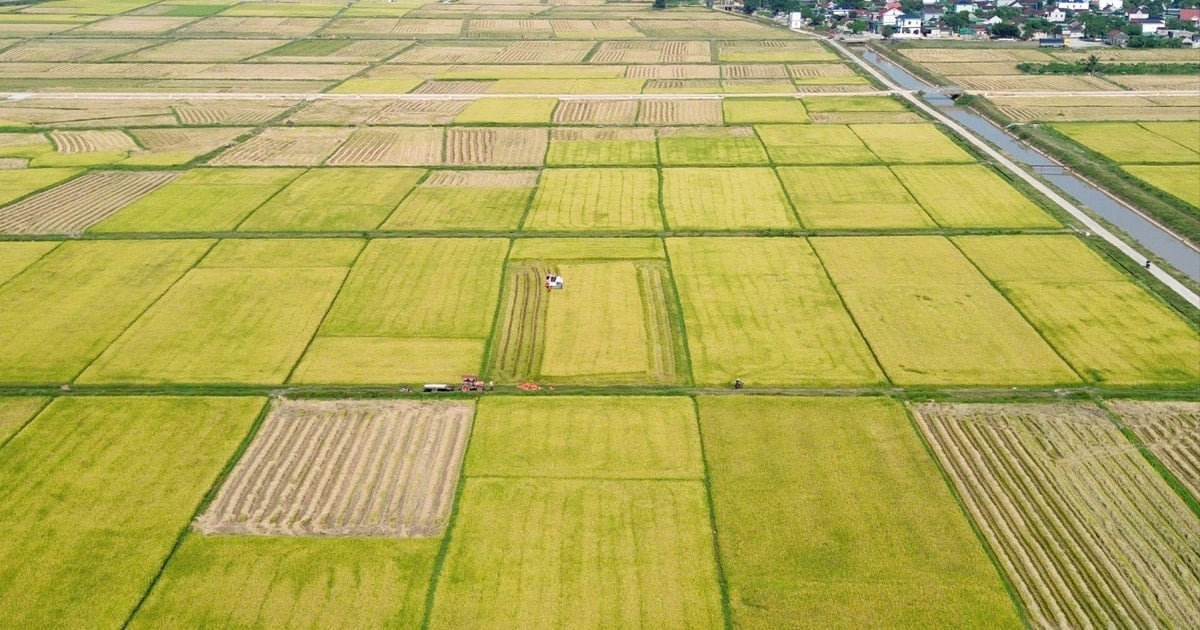

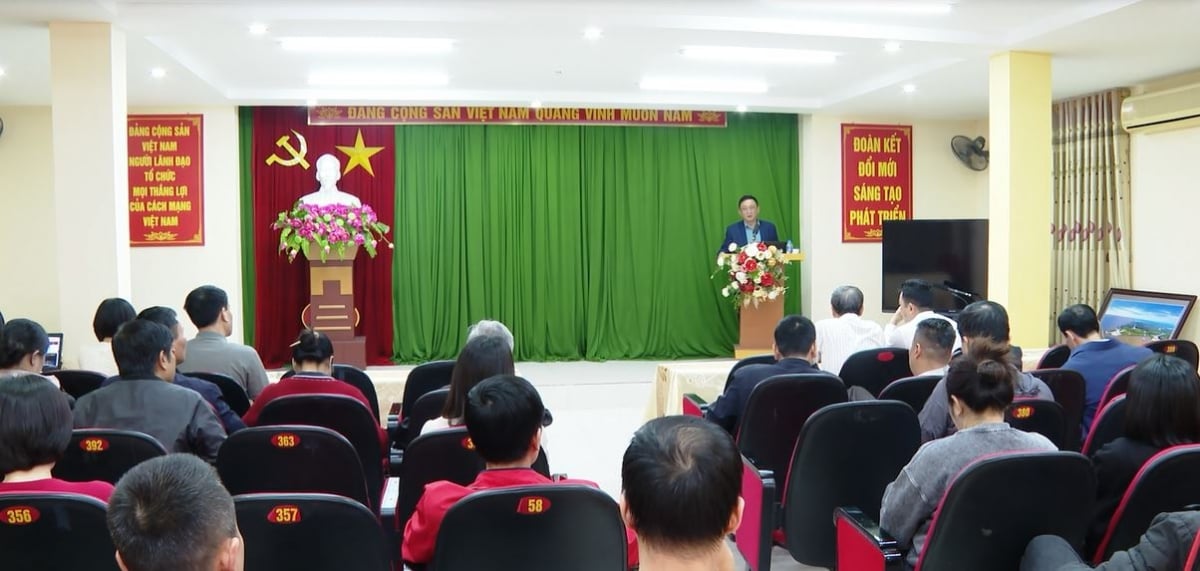
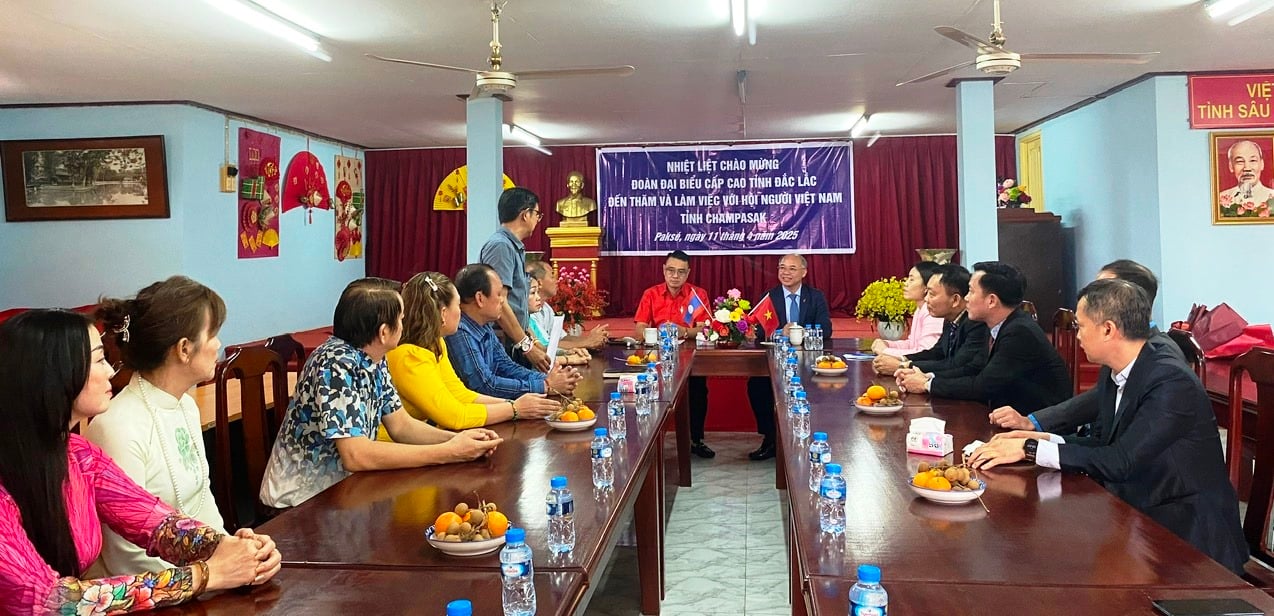
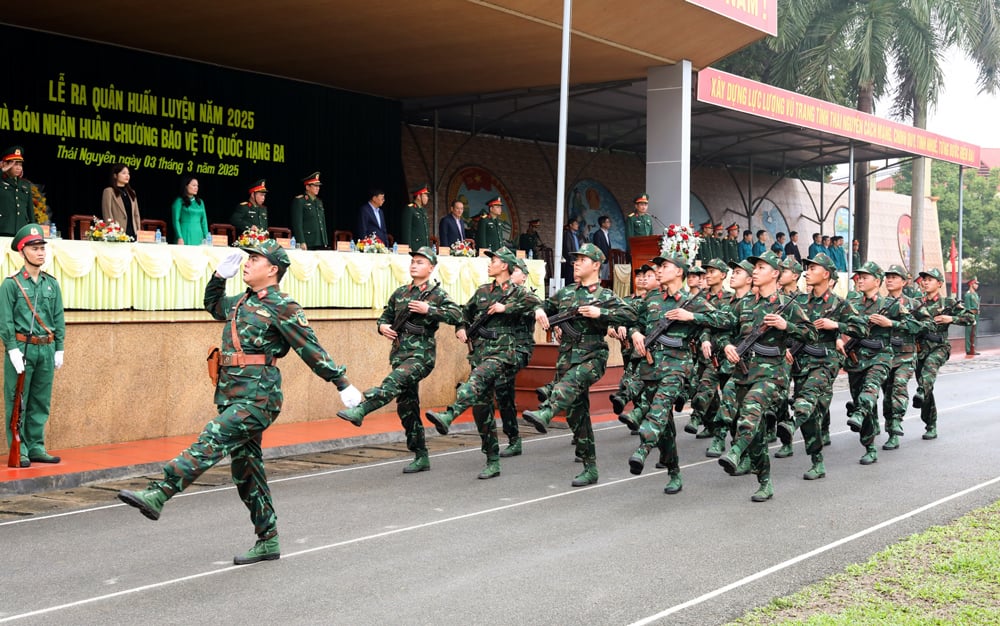










Comment (0)